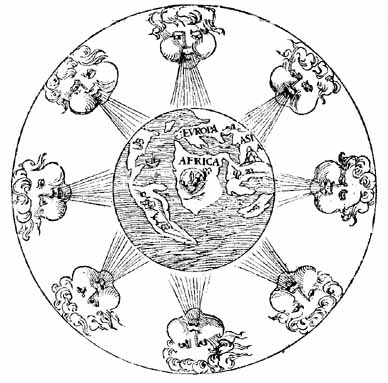Experts in the Periphery
Coordinated by José Ramón Bertomeu-Sánchez
Members: Efstathios Arapostathis, José Ramón Bertomeu-Sánchez, Mar Cuenca-Lorente, Lyvia Diser, Anne Fellinger, Silke Fengler, Ximo Guillem, Marina Loskutova, Darina Martykánová
Description:
In recent years an increasing number of studies in history of science have been focused on the definition and the role of experts in modern western societies, in which expert advice is broadly employed in matters such as the fight against the disease, the prosecution of criminal activities, the development of military industry, the control of food quality and the regulation of industry, among many others. The interest in the subject is easily perceived by the growing number of publications that have appeared in history of science journals. Also general books with reviews and theoretical proposals have been recently published (Golan, 2004; Collins-Evans, 2007) and several workshops have been organized. The study of experts and expertise has an interdisciplinary nature, involving historians of science but also sociologists of knowledge and professions, law scholars and historians of law as well as by science popularisers and those who study the public image of science. All these ingredients make the study of experts a rapidly expanding area, placed at the crossroads of many disciplinary histories, and benefiting from the fruitful interaction of a heterogeneous group of scholars pursuing a broad spectrum of aims ranging from history, sociology or philosophy of science studies to current public policy problems. Taking into account these studies, the main goal of the group is to explore from a comparative perspective the shaping of the expert and expertise in the European periphery, mostly focusing on late nineteenth-century and early twentieth century.
Activities:
* A session was held in the 7th STEP meeting including papers dealing with topics such as how expert knowledge is appropriated in the periphery, expert credentials, making standards, perceptions of risk, the boundary between experts and lay people, the sources of trust, legitimacy and authority of scientific experts, civic epistemologies, the image of experts in popular culture, the relationship between science and law, etc. The analyzed fields include engineering (in Spain and Britain), radioactivity (in Austria and France), microbiology and food analysis (in Belgium and Spain), soil science (in Russia) and toxicology (in Spain). The group includes historians working on both center and peripheral areas in order to revisit these historical categories and discuss their usefulness to the study of experts and expertise.
* Workshop Experts in the Periphery (19th-20th centuries). Instituto de Historia de la Medicina y de la Ciencia "López Piñero" (Valencia, Spain) - 30 November - 2 December 2011
* Symposium Experts in the Periphery. 8th STEP Meeting (Corfu, 21-24 June 2012).

